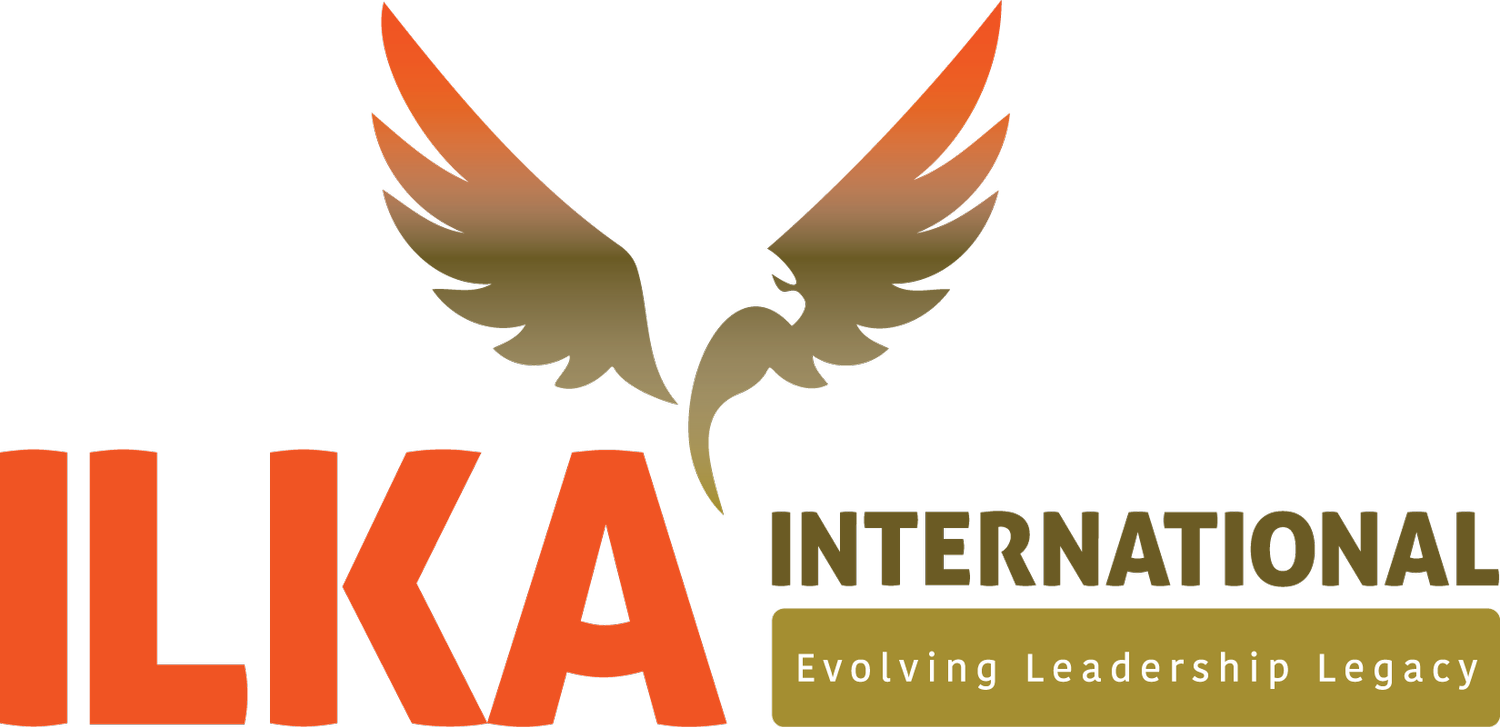Thriving Leadership: Strategies for Stress Management and Burnout Prevention
Leadership in the corporate world is undeniably rewarding, but it comes with its unique set of challenges. One of the most pressing issues faced by corporate leaders today is the stress and burnout that often accompany their roles. In this article, we will explore strategies for stress management and burnout prevention, guided by the principles presented in our Instagram Carousel post titled "Stress Management and Burnout Prevention for Corporate Leaders."
Navigating Stress for Stronger Leadership
Leadership isn't just about making decisions and achieving goals; it's about guiding and inspiring a team, fostering innovation, and navigating through ever-changing landscapes. However, this journey is laden with stressors that can lead to burnout, impacting not only leaders but also their teams and organizations. In this article, we will delve into the strategies that can empower corporate leaders to manage stress effectively and prevent burnout.
Self-Care is Leadership
"I am at my best when I care for myself."
The Foundation of Leadership: Self-Care
It may seem counterintuitive, but self-care is an essential component of effective leadership. When you prioritize your well-being, you are better equipped to lead your team and organization to success. This begins with self-awareness and self-care practices that restore your energy and keep you grounded.
The Wisdom of Psalm: Psalm 23:2
Psalm 23:2 reminds us of the importance of stillness and restoration: "He leads me beside still waters; he restores my soul." Just as still waters restore the soul, self-care rejuvenates your spirit. It enables you to lead with vitality and clarity.
Embrace Resilience
"I respond to stress with calm and clarity."
Stress as a Catalyst for Resilience
In the corporate world, stress is often viewed as a threat. However, by reframing stress as a challenge and an opportunity for growth, you can develop resilience that not only helps you navigate difficult situations but also sets an example for your team.
The Lesson from Proverbs: Proverbs 14:29
Proverbs 14:29 teaches us the value of patience and composure: "Whoever is patient has great understanding, but one who is quick-tempered displays folly." In times of stress, patience and composure are the hallmarks of a resilient leader. They allow you to respond with wisdom and grace.
Boundaries Foster Balance
"I nurture both personal and professional well-being."
Balancing Leadership and Well-Being
Corporate leaders often find it challenging to strike a balance between their professional and personal lives. However, setting healthy boundaries is crucial for maintaining both your well-being and your effectiveness as a leader.
The Wisdom of Ecclesiastes: Ecclesiastes 3:1
Ecclesiastes 3:1 reminds us of the importance of timing and balance: "There is a time for everything and a season for every activity under the heavens." Achieving a balance between work and personal life is essential for sustainable success in leadership.
Navigating Stress and Burnout: Practical Strategies for Corporate Leaders
Now, let's explore how these principles can be integrated into your daily life as a corporate leader to effectively manage stress and prevent burnout.
Tip 1: Self-Care is Leadership
"I am at my best when I care for myself."
The Leader's Journey of Self-Discovery
Leadership begins within. Prioritizing self-care requires self-awareness and a commitment to practices that nurture your well-being.
Mindfulness and Reflection: Regularly practice mindfulness techniques such as meditation or deep breathing. Reflect on your emotions and stress triggers. This self-awareness is the first step in self-care.
Healthy Lifestyle Choices: Prioritize a balanced diet, regular exercise, and adequate sleep. These are foundational to physical and mental well-being.
Set Realistic Goals: Be mindful of your own limits and set achievable goals. Don't overextend yourself, and learn to delegate effectively.
Take Breaks: Regular breaks throughout the workday, even short ones, can refresh your mind and reduce stress. Use this time to clear your thoughts and regain focus.
Tip 2: Embrace Resilience
"I respond to stress with calm and clarity."
The Resilient Leader's Mindset
Resilience is a skill that can be developed and honed over time. It's about facing challenges with grace and using adversity as a catalyst for growth.
Reframe Stress: Instead of viewing stress as a threat, see it as a challenge that can lead to growth. Embrace stress as an opportunity to learn and adapt.
Practice Patience: In high-pressure situations, cultivate patience. Give yourself the space to think clearly and make wise decisions.
Seek Support: Don't hesitate to seek support from mentors, colleagues, or coaches.
Learning and understanding that burnout, like suffering, are choices, was a game changer for me. Learn it. Live it. Lead it.
